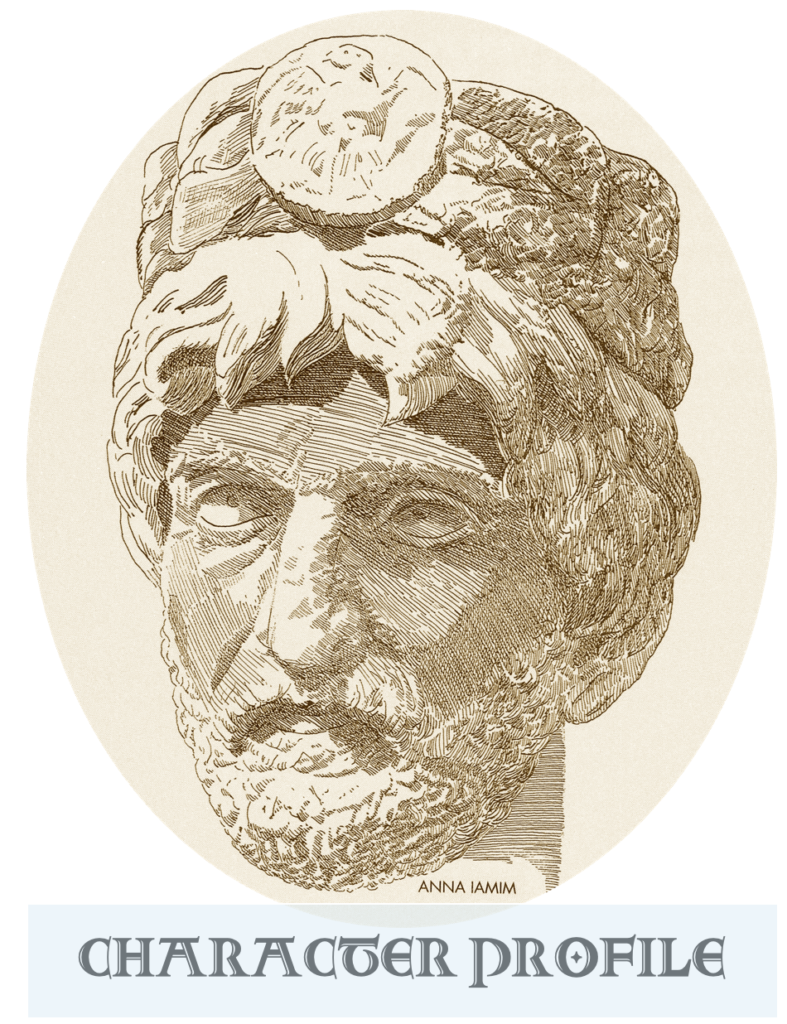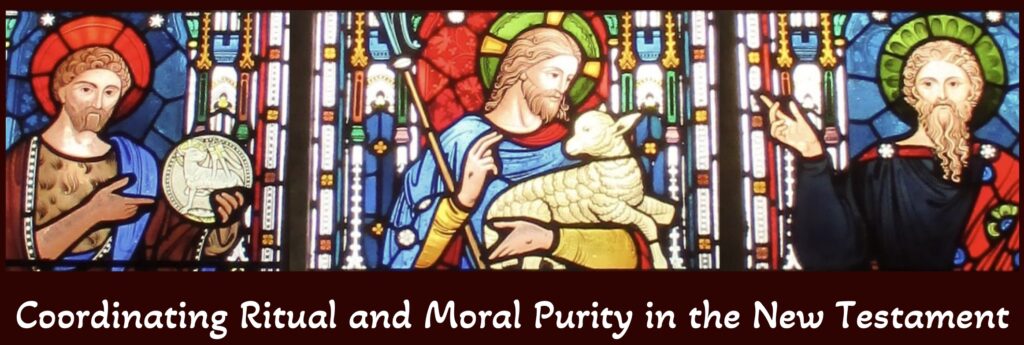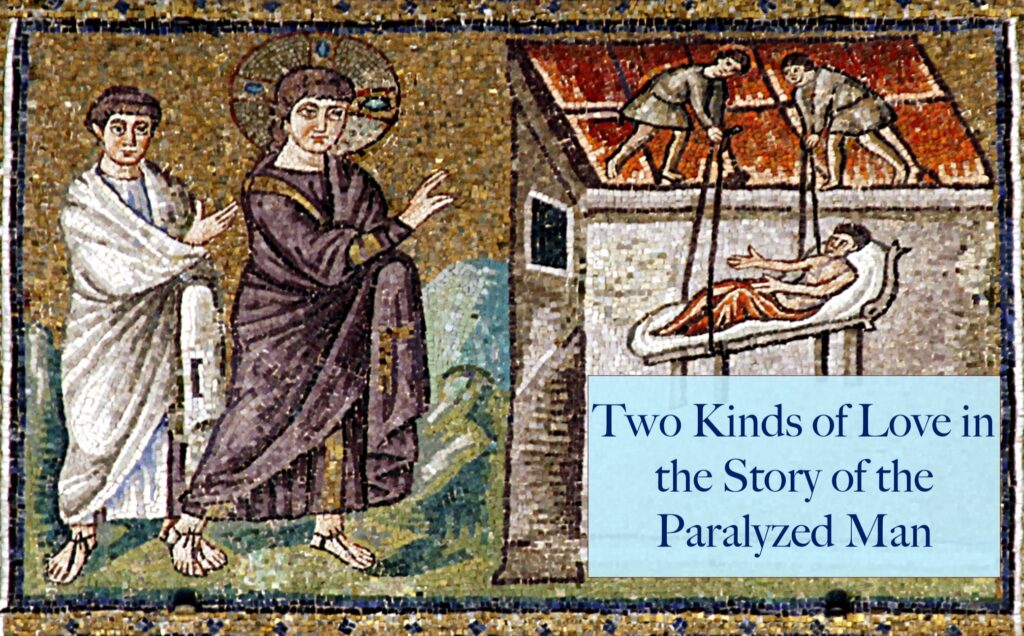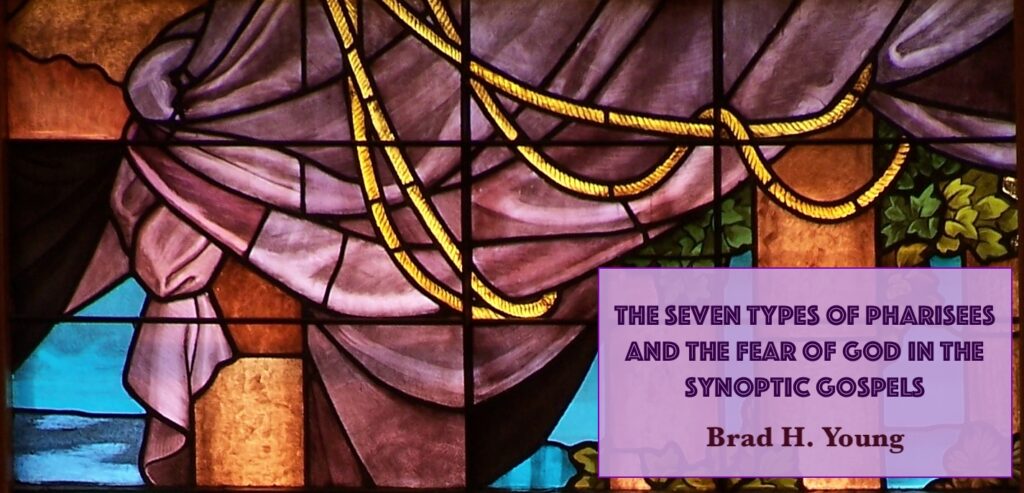How to cite this article: JP Staff Writer, “Character Profile: Beelzebul,” Jerusalem Perspective (2024)
[https://www.jerusalemperspective.com/29561/].
The Synoptic Gospels make reference on a few occasions to a malignant being named Βεελζεβούλ (Be·el·ze·BOUL, “Beelzebul”; Matt. 12:24 ∥ Mark 3:22 ∥ Luke 11:15; Matt. 12:27 ∥ Luke 11:19; Matt. 10:25), who is identified as “the prince of demons.” No being by this name is ever mentioned in any pre-Christian source. Neither is he mentioned in any ancient Jewish source that was untouched by Christian redactors.[1] The Gospels remain the sole source of information regarding the origins and identity of this mysterious and sinister being.
Textual Variants
| Rather listen instead? |
| JP members can click the link below for an audio version of this essay.[*] Paid Content If you do not have a paid subscription, please consider registering as a Premium Member starting at $10/month (paid monthly) or only $5/month (paid annually): Register One Time Purchase Rather Than Membership  |
Since the identity of this being is so obscure, it is hardly surprising that there is uncertainty about the meaning and even the form of this being’s name. Whereas the majority of texts, including the early papyrus manuscripts 𝔓45 and 𝔓75, spell his name as Βεελζεβούλ, two important witnesses, Codex Vaticanus (B) and Codex Sinaiticus (א), omitting the first λ (l), give his name as Βεεζεβούλ. Syriac and Latin versions attest to yet another form, “Beelzebub,” an assimilation to the name spelled Βααλζεβούβ (Baalzeboub) in the text of Aquila’s Greek translation of the Hebrew Scriptures (2nd cent. C.E.).[2] There it serves as a transliteration of the name בַּעַל זְבוּב (ba‘al zevūv, “master of a fly”) known from the Elijah narratives, where “Beelzebub” is identified as the god of the Philistine city Ekron (2 Kgs. 1:2).
Which form of the name is original to the Gospels? Two rules of textual criticism seem to lead to opposite conclusions. One rule is that the most difficult reading (called the lectio difficilior) is most likely to be original, since the tendency of copyists was to make sense of incomprehensible readings. The other rule is that the reading that best explains the other variants is most likely to be original.
Paid Content
Premium Members and Friends of JP must be logged in to access this content: Login
If you do not have a paid subscription, please consider registering as a Premium Member starting at $10/month (paid monthly) or only $5/month (paid annually): Register
One Time Purchase Rather Than Membership
Rather than purchasing a membership subscription, you may purchase access to this single page for $1.99 USD. To purchase access we strongly encourage users to first register for a free account with JP (Register), which will make the process of accessing your purchase much simpler. Once you have registered you may login and purchase access to this page at this link:
If you enjoyed reading this profile, you may also want to check out these recent JP articles:
- Coordinating Ritual and Moral Purity in the New TestamentTaking another look at how John the Baptist, Jesus, and the Apostle Paul related to issues of ritual and moral purity.
- Two Kinds of Love in the Story of the Paralyzed ManTwo kinds of love operate in the story of the paralyzed man. One kind of love is inclusive and redemptive, the other is exclusive and destructive. Which kind of love will prove victorious?
- Character Profile: BeelzebulGet acquainted with this mysterious and sinister figure.
- What’s Wrong with Contagious Purity? Debunking the Myth that Jesus Never Became Ritually ImpureThe view that Jesus could not be affected by impurity and that Jesus was able to spread his purity to others is based on faulty assumptions and invalid inferences.
- The Seven Types of Pharisees and the Fear of God in the Synoptic GospelsAncient Jewish sources attest to a debate over which motivation for keeping the commandments—fear or love—was most highly to be esteemed. This debate surfaces, among other places, in the Talmudic discussions of the seven types of Pharisees. These seven types and the debate over love versus fear illuminate important aspects of Jesus’ teaching.
- The Sin Against the Spirit: Matt. 12:31-32; Mark 3:28-29; Luke 12:10Jesus’ saying about the sin against the Holy Spirit belongs to developing Jewish ideas regarding the gradation of sin and punishment. It also reflects his high self-awareness.
- [1] Beelzeboul is mentioned in the Testament of Solomon, where he is again identified as the price of demons, but this pseudepigraphical work was edited by Christian redactors and was heavily influenced by the Gospels. See François Bovon, Luke: Hermeneia—A Critical and Historical Commentary on the Bible (3 vols.; trans. Donald S. Deer [Evangelium nach Lukas, 1989-2009]; Minneapolis: Fortress, 2002, 2013, 2012), 2:118. ↩
- [2] See Edwin Hatch and Henry A. Redpath, A Concordance to the Septuagint and the Other Greek Versions of the Old Testament (Including the Apocryphal Books) (3 vols.; Oxford: Clarendon, 1897; repr., 2 vols.; Grand Rapids: Baker, 1983), 3:30. Henceforth this work will be cited as Hatch-Redpath. ↩







































































































Comments 2
I would have liked to see what the writer has to say by reading the entire article. But since I am at the level of PEER REVIEW, I won’t spend the money to gain access. Also, I have no idea who the writer is, so there’s no way anyone can know what kind of person is writing this stuff.
The ORIGINAL ‘Smith’s Bible Dictionary’ has a much better article on the meaning and reality of Ba’al-Zevuv. Following through with the other ‘gods’ found in that article, by reading the entries in his dictionary will fill in the blanks. There is a lot of history in the word Ba’al that nobody in the Christian world has any idea about. For example, the word Ba’al was the generic word for god back then, just like the word ‘God’ is the generic word for God in Christianity. So Ba’al had many derivatives, many of which were cultural. And when you look at the history of catastrophe-based ‘myth’, even more layers of meaning can be seen.
Anyway, it’s a shame that JP doesn’t know about the Hebrew Gospels. That might clear up a lot of the confusion inherent in these texts.
Author
Dear ChrisH,
Has the JP staff understood correctly that you have not read this article? How then are you able to compare it either favorably or negatively to any other article on the subject? Your professed ignorance of the content of this article undermines the credibility of your assessment. Please read the article before commenting so that you can form an informed opinion on its quality.